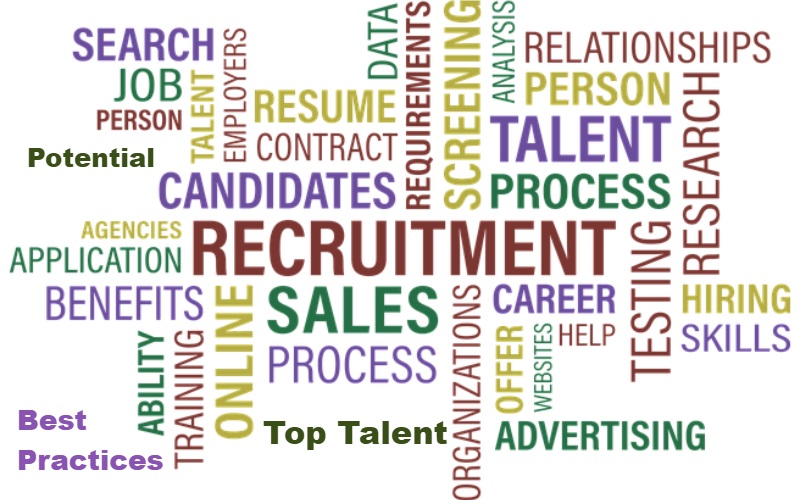Great Learners Come in Many Styles
Active learning is essential for success in the workforce. Is it more impactful to precisely learn what one needs to know quickly or retain and an immense amount of knowledge over time?
Research recognizes that continuous learning is critical. So many times, those who are being interviewed for a job are asked how many books they have read in the past month. If the person does not fit into this learning style, this question is very unsettling and they may have difficulties answering this question. Is it fair to question their abilities because they choose to learn differently?
Discover the two effective ways to learn:
- Lifelong learners consume as much information as possible and expand their knowledge endlessly. With this style, you desire knowledge and take excitement with every opportunity to learn. Continuous education and learning will keep this style of learner perpetually engaged with their job.
- Instinctive learners are not the average bookworm; however, they are masters of their domain and know how much energy to spend on learning.
This learning style does focus on acquiring specific skills that can benefit them in their job and daily life. Search engines give instinctive learners power at their fingertips.
Learning Styles in Action
Kathy and Jeff are both customer service specialists that approach learning very differently.
Kathy, a lifelong learner, seeks out opportunities to learn on a continuous basis. Kathy was tasked to form a group at work to edit an information manual, which is right in her comfort zone. Some members of the group prefer to jump right in, while Kathy feels more confident if the group gathers examples and do the research first.
Jeff learns instinctively and is eager to jump right in and get started versus doing the research up front. He did not have the highest GPA, however, he excels and takes pride in his career. Jeff is able to tackle difficult problems and is known for “learning on the fly” – he is everyone’s go-to person for getting the job done.
Make The Right Hire By Asking The Right Questions
Why is asking the question “Which books have you read recently?” not effective? Because it doesn’t gauge a person’s ability to learn. Instead, you should be asking these questions:
“What is your learning style?”
“How do you gather information to learn more?”
“Where do you source out information and how do you use the information gathered?”
“How do you rate ‘willingness to learn’?”
“What has inspired you?”
These are two unique learning styles that clearly demonstrate two different ways to approach learning. However, both are extremely effective and valuable to any organization looking to hire top talent.
Contact us today!
Gary Brunson
gary@myclearfocus.com
Debra Rider
debra@myclearfocus.com
574.361.2674
Sustainable Growth & Profit Consultant, Coach, Mentor and Counselor/Therapist for Business Owners and Professional.


 Any supervisor or manager deals with complainers in the workplace at some point. There are employees who complain about their co-workers or about the company itself. Complaining is hard to stop but you can deal with it effectively if you put a plan in place.
Any supervisor or manager deals with complainers in the workplace at some point. There are employees who complain about their co-workers or about the company itself. Complaining is hard to stop but you can deal with it effectively if you put a plan in place.

 Want to be a Mentally Tough Leader? Develop These 6 Habits
Want to be a Mentally Tough Leader? Develop These 6 Habits